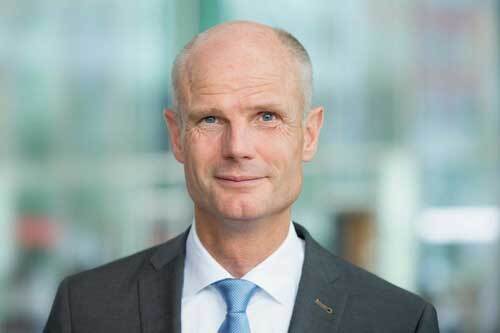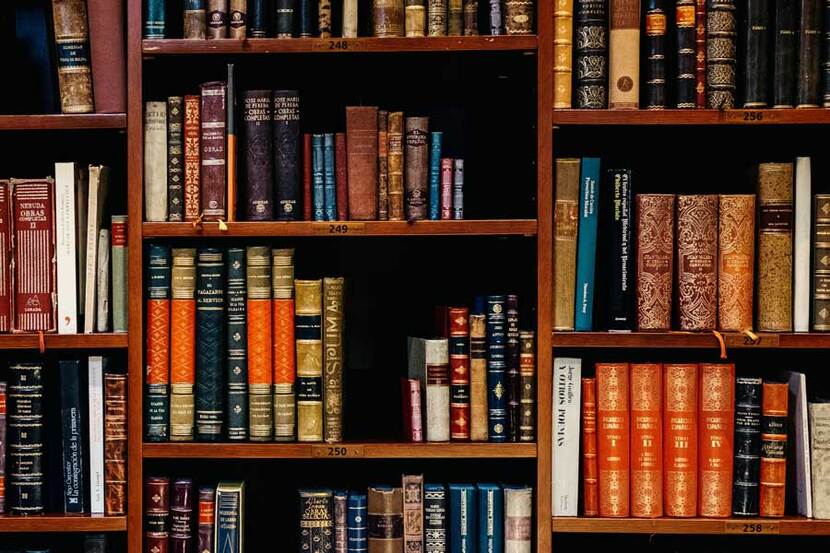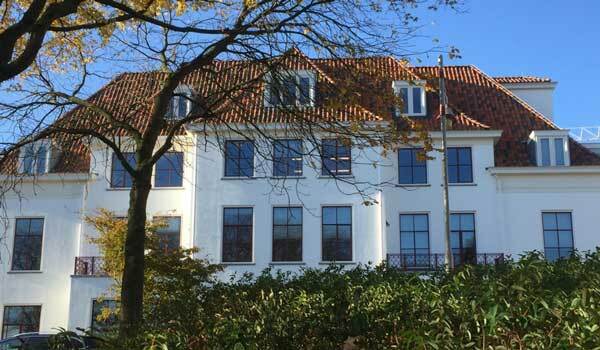The World Press Freedom Conference 2020 (WPFC), held on 9 and 10 December 2020, uniquely gathered journalists, media companies, human rights defenders, members of the judiciary, policymakers, academics, youth, NGOs and everyone who is interested in press freedom worldwide.

“A free press is essential for a functioning democracy and a free society” - Stef Blok, Minister of Foreign Affairs
Global digital format
WPFC 2020 was held in a new, innovative format: merging digital and in-person elements. UNESCO and The Kingdom of the Netherlands were the organizers of the conference. Dates were 9-10 December 2020. Many of the sessions have taken place in the World Forum in The Hague, although with limited access for the public and the press.

Academic Conference on Safety of Journalists
Research-based knowledge
Contributions from different sectors of society are crucial to move towards this goal. Such as the input from academics, as there is a need for research-based knowledge to support joint efforts to protect journalism. That is why the 5th Academic Conference on Safety of Journalists was held during WPFC 2020.
Theme: Safety of Journalists
Academics from across the globe presented their work on the safety of journalists and, through an interactive, online platform, shared it with fellow academics, journalists, policy-makers, legal specialists and other relevant groups. The theme of the event was ‘Safety of Journalists - Press Freedom and Media Capture’ and has taken place on 9 December. View back the Academic Conference sessions on our YouTube channel.

Forum of Legal Actors at WPFC 2020
The Netherlands Ministry of Foreign Affairs, UNESCO, the Asser Institute and Free Press Unlimited (FPU) launched a Forum of Legal Actors on Freedom of Expression and Safety of Journalists on the 9th of December during WPFC 2020. In the coming years, the Forum will bring together judges, public prosecutors, lawyers and representatives from judicial institutes from all over the globe to strengthen the role of legal actors in the defence of the universal right of freedom of expression. The Forum will be a platform to exchange views on best practices and the interpretation of legal provisions, and it will disseminate international norms and standards in comparative law.
Session information
The two closed sessions on the 9th of December were organised under Chatham House Rule and participants could only be attended upon invitation. During the open UNESCO session on the 'Strengthening investigations and prosecutions to end impunity for crimes against journalists' on the 10th of December, a summary of the main findings of the two closed sessions were presented.
